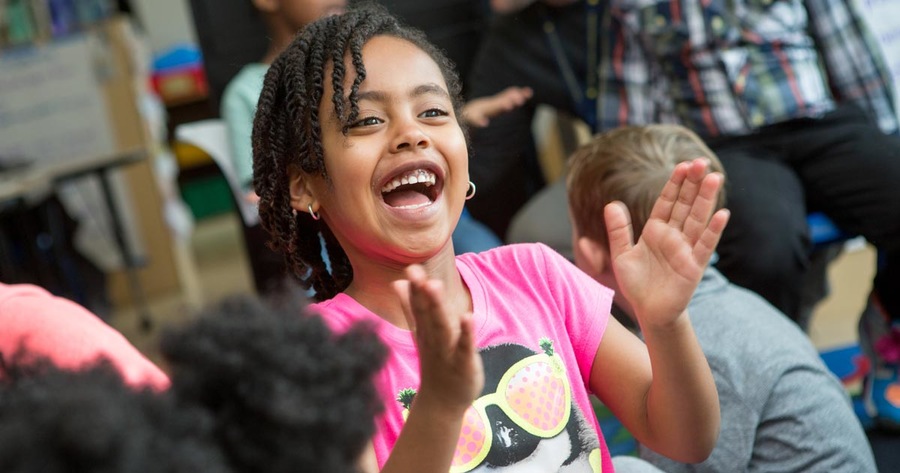The report presents findings from the first two years of the Partnerships for Social and Emotional Learning Initiative (PSELI), a multiyear effort funded by The Wallace Foundation exploring whether and how children can benefit from partnerships between schools and OST programs focused on building social and emotional skills.
The report, which focused on the six communities in PSELI, is designed to be useful to those carrying out SEL instruction in schools, out-of-school-time programs, or both, and should also be of interest to policymakers, SEL technical assistance providers, funders, researchers, and others who are considering supporting youth social and emotional development. The report takes a closer look at a variety of topics related to SEL including:
- Implementing SEL and Why It Matters
- Launching and Coordinating SEL Work Across Multiple Sites
- Developing Partnerships with Schools to Advance SEL Efforts
- Developing Adults' Capacity to Promote SEL
- Improving Climate and Delivery of SEL for Youth
Ultimately, the report found several overarching implications specifically for policymakers, curriculum developers, technical assistance providers, funders, and state education agencies looking to support the social and emotional development of children and youth:
- Because it can take several years to implement SEL efforts effectively, funders and policymakers should offer encouragement and incentives for educators to persevere and to craft realistic implementation plans.
- High-quality, varied communication strategies can support site-level implementation, but system-level leaders might lack the capacity to develop these strategies on their own.
- Because available SEL curriculum materials might not fully meet communities' needs for culturally relevant SEL or for teaching students with Individualized Education Plans, practitioners could benefit from collaborations with curriculum experts and developers to make these adaptations.
- Funding and other resources to institutionalize new roles, such as SEL coaches, could promote sustainability of SEL efforts.
The report states that by building on the strengths of both schools and OST programs to develop a multi-pronged strategy for promoting SEL, the PSELI communities studied are putting into practice several of the tenets that SEL scholars and advocates have suggested are crucial for effective SEL. With the COVID-19 pandemic disrupting school and OST programming on an unprecedented level, it's more crucial than ever to address the social and emotional well-being and academic learning of the children and youth served.
RAND and The Wallace Foundation plan to release a later report in this series that will examine outcomes and the relationship between implementation and outcomes in addition to a how-to guide. The report's authors are also conducting in-depth case studies that will offer a more detailed picture of what PSELI work looks like on the ground and how it evolves over time. These future reports will revisit and build on the early lessons outlined in this first report.
To learn more about SEL implementation, supports, strategy and the report's additional findings, view the report in its entirety by clicking here.
Courtesy of NAA.
Photo by Allison Shelley/The Verbatim Agency for EDUimages.




